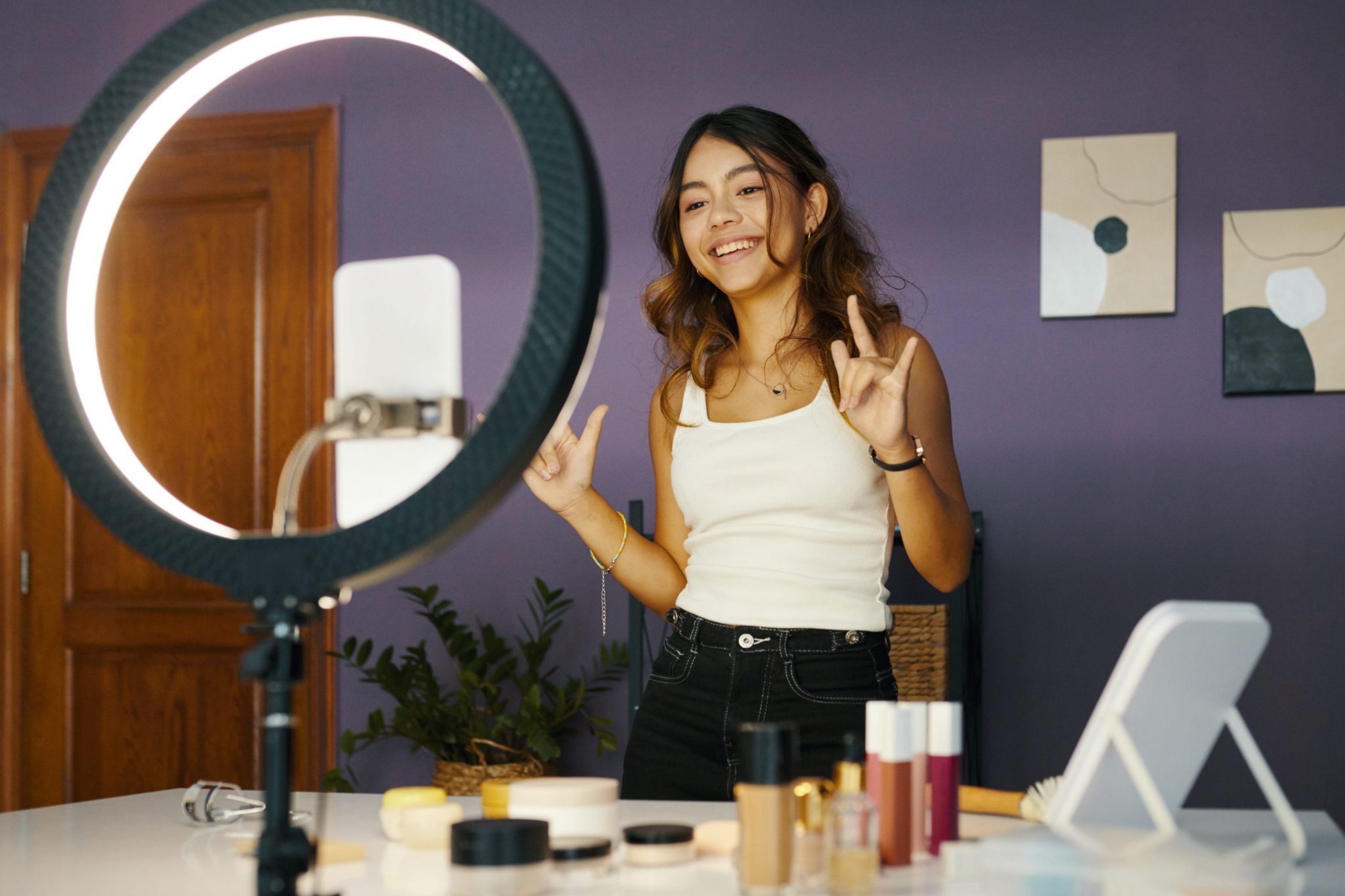
Content creators are having a tougher time making money online as a bigger slice of the revenue pie goes to those at the top of the creator economy.
The percentage of Bank of America customers earning income as content creators has continued to decline and is now 0.20%, the bank said in a note Thursday.
In fact, the share has now fallen three years in a row after peaking in 2021, when it was 0.25%. Back then, the pandemic had helped fuel a surge in content creators as lockdowns kept people at home looking for recommendations on what stuff to buy. In 2019, the share of people making money as content creators was just a tick above 0.10%.
“In our view, this is partially due to the slowdown in paid partnerships (brands using content creators as ads) in the past year and the competitiveness in this space, as more paid partnerships are concentrated among the top creators,” BofA said, adding that less viewership as more people went back to spending more time in real life versus online could also have factored into the decline.
At the same time, the average monthly income for content creators, excluding possible paid partnerships, is just 20% of the average monthly income for a typical, full-time US employee, the note added.
That’s actually the third year in a row that it has increased. But with fewer people in the creator economy, the average share can go up.
Still, the bottom line is most content creators aren’t enjoying transformative wealth.
“And only once in the past five years has the average monthly income of a content creator been higher than the average weekly income of a typical full-time worker, suggesting that very few people earn a living from content creation, let alone get rich from it,” BofA said.
To be sure, people are still trying to make a living as content creators, especially as some workers who were caught up in the wave of tech and finance layoffs that began last year turned to the creator economy.
The good news for creators is that TikTok, a major platform for their content, may not be banned in the U.S. after all.
While Donald Trump tried to block the app in the U.S. during his first term as president and force it into American ownership, he reversed his stance while running in 2024.
He would have to undo a federal law signed by President Joe Biden in April that requires parent company ByteDance to sell TikTok to a non-Chinese company by Jan. 19 or be banned in the U.S.
Trump’s transition team said this past week that he will deliver on his vow to prevent a ban.

